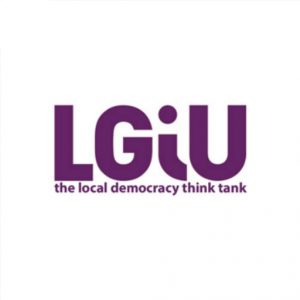SkillsPlanner project director Rebecca Lovelace will be talking about SkillsPlanner at a seminar, The Local Authority and the Sharing Economy, organised by the Local Government Information Unit (LGiU), on 23 February 2016 at the NCVO near King’s Cross in London.
The Sharing Economy
The Sharing Economy is a socio-economic ecosystem built around the sharing of human and physical resources. It includes the shared creation, production, distribution, trade and consumption of goods and services by different people and organisations.
It is estimated that 25% of UK adults are already sharing online and that global revenues in the sharing economy could rise from £9 billion today to £230 billion in 2025.
The sharing economy allows people to share property, resources, time and skills across online platforms. This can unlock previously unused, or under-used assets – helping people make money from their empty spare room and the tools in their sheds they use once a year. It allows people to go from owning expensive assets, such as cars, to paying for them only when they need them.
Local authorities and the Sharing Economy
Local authorities are increasingly looking at the sharing economy and how it might work for them to enable and empower communities, to provide community care for those in need and to optimize the resources that they can share with other agencies.
In the UK some local authorities are looking at sharing the local authority’s building with local community groups; building new housing developments with car club bays incorporated and integrated into the local transport network and creating local online hubs where residents and businesses can share their skills and possessions with each other.
Collaboration and SkillsPlanner
 The 23 February seminar will focus on how local authorities might unleash the power of the sharing economy for their local communities and for collaboration between agencies. It will feature case studies on resource and information sharing – which is where Rebecca and SkillsPlanner fits in.
The 23 February seminar will focus on how local authorities might unleash the power of the sharing economy for their local communities and for collaboration between agencies. It will feature case studies on resource and information sharing – which is where Rebecca and SkillsPlanner fits in.
She will describe how the project has developed to date, and talk about its ambitions for the future. Its core partners already includes three London local authorities – Camden, Islington and Westminster councils – with further local authorities and other public sector organisations part of the wider team providing contributions in kind alongside numerous private sector collaborators.
Click here for more information about the LGiU event.



